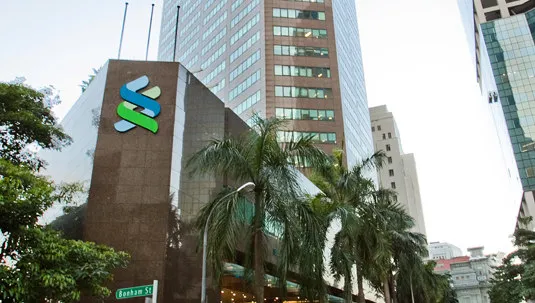
Standard Chartered commits $75b for sustainability drive
By 2030, they will cease support for clients who get more than 10% of their profits from thermal coal.
Standard Chartered has committed a total of $75b to support clients’ sustainability drive in infrastructure, renewables, and clean tech projects, to be provided by end-2024, the bank announced in a press release.
By 2030, the bank is also ceasing support for clients who generate more than 10% of earnings from thermal coal.
The bank has earmarked $40b in project financing services for infrastructure that promotes sustainable development.
Another $35b was allocated for project financing services and advisory & debt structuring services for renewables and clean tech projects such as solar and wind.
Standard Chartered also announced its intention to reduce its emissions across its global properties by 2030.
The bank plans to achieve net zero emissions across its offices in 60 countries by only sourcing energy from renewable sources. They will also pursue energy efficiency measures across its 12 million square feet of property.
“Over the past 18 months, we have made a series of commitments which are all geared towards supporting the Paris Agreement on climate change and the transition to a cleaner, greener, fairer economy,” said Tracey McDermott, Group Head, Corporate Affairs, Brand & Marketing at Standard Chartered.
“Our unique footprint means we are well placed to help get finance to where it matters most. That is why, as well as ceasing support for clients who generate more than 10% of earnings from thermal coal by 2030, we also have a renewed target for financing and facilitating $35b of clean technology and renewables and $40b of sustainable infrastructure,” he added.
Emerging markets face $2.5t annual investment gap in meeting the sustainable development goals (SDGs), according to the United Nations. This presents a big challenge and significant opportunity for banks and the private sector to step up, said Judy Hsu, regional CEO for Standard Chartered in ASEAN and South Asia.
“Currently only 60% of the SDG investment needs are addressed in emerging and developing regions, and as low as 10% in Africa,” Hsu noted.






















 Advertise
Advertise








